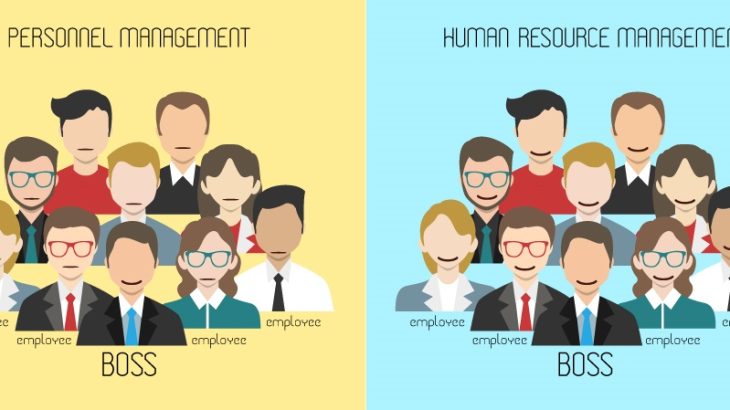HR Management vs Personnel Management
While digging for the difference between Human Resources Management and Personnel Management, you are most likely going to get very divergent views, depending on which sphere of experts you question. While some strongly affirm that there is no difference between the two, others will recognize the variance, but will still acknowledge the unmistakable similarities. In lay terms however, there’s a general tendency to use the terms interchangeably.
The difference, when acknowledged, between HR and Personnel, is often depicted as philosophical. Personnel management encompasses more administrative disciplines of payroll issues, employment law compliance and all other related tasks. On the other hand, HR is more concerned with the management of a workforce, as this is one of the key resources that drive the day-to-day operations of a company; hence its success.
Whenever a distinction is made between Human Resources and Personnel management, Human Resources is always represented to a broader extent than Personnel management. Human Resources, it is said, embodies and elaborates tasks of Personnel management, and at the same time, creates and develops teams of employees for the advantage of the company. One of HR’s primary goals is to provide a suitable environment for employees to fully utilize their skills, and work at maximum efficiency levels.
The tasks that are common within Personnel management, include the traditional, routine duties; thus, it is generally described as reactive, i.e. only responding to demands as they arise. Human resources, on the other hand, involves continuous innovation and strategizing to manage a company’s workforce more efficiently. It is, therefore, generally considered proactive. There’s an ongoing development of policies, functions and skill assessment,s all aimed at improving the company’s workforce.
While Personnel management is often not considered to be influenced by the organization, HR is generally considered as an integral part of the organizational functions. Personnel management duties are solely the domain of the Personnel department. However, with regards to HR, most of the company’s senior level employees (managers) are somehow involved, and a key goal may be to engage the managers in the skills development processes needed to accomplish personnel-related duties.
In terms of performance, motivation and rewards, Personnel management typically endeavors to reward and motivate employees with salaries, bonuses, compensation and a standard paid annual leave, in order to derive employee satisfaction. For HR, the primary motivators are seen as job creativity, work groups and efficient strategies to meet challenges.





